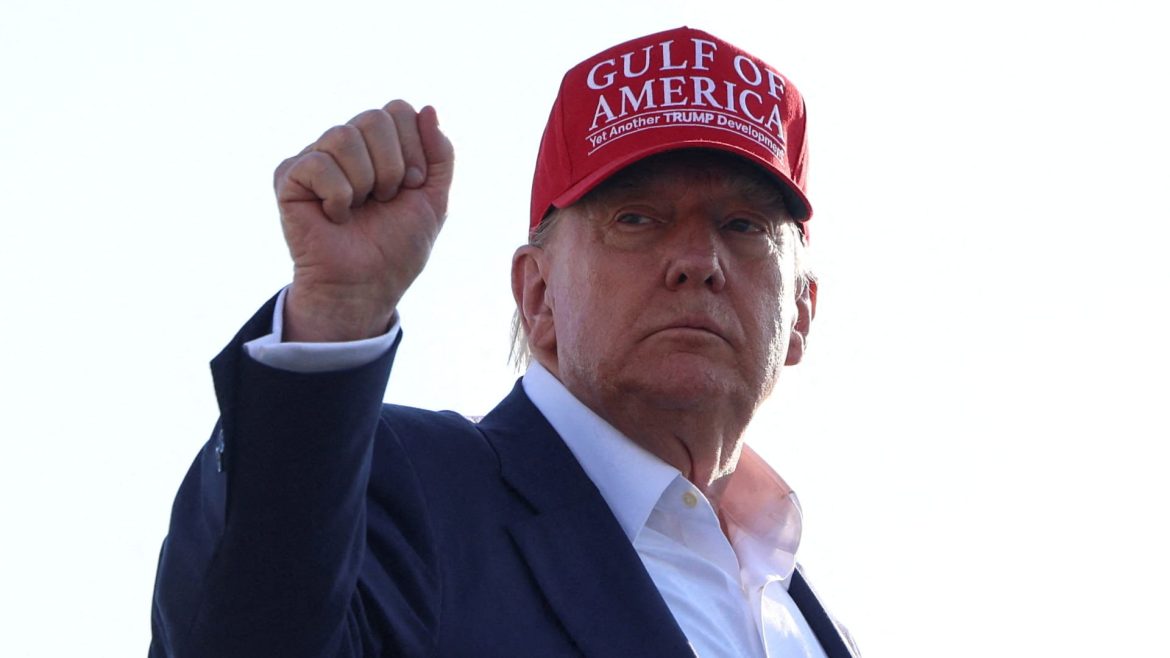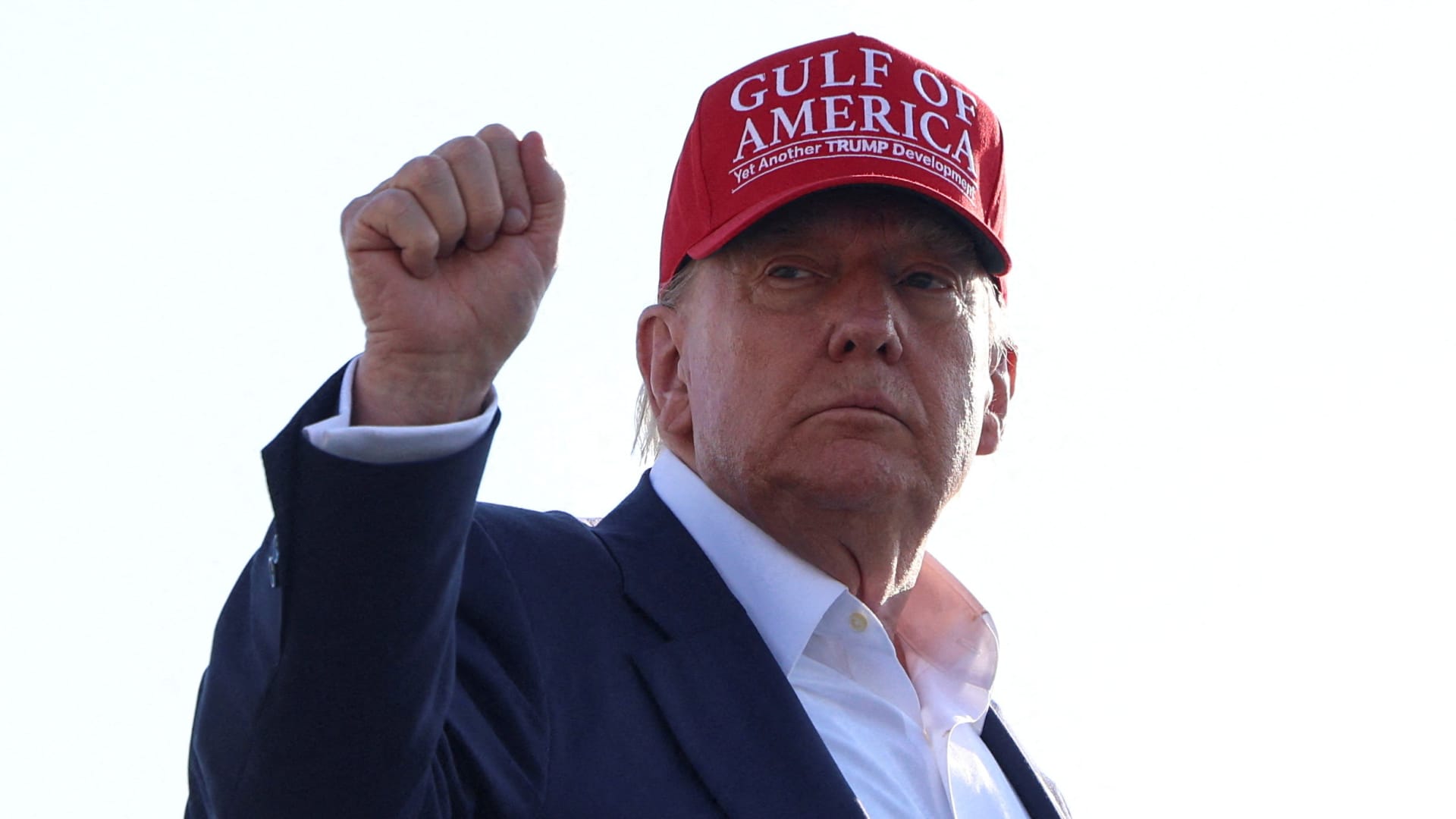The geopolitical landscape surrounding Ukraine has long been a delicate equilibrium, balancing external support with internal resilience. Recent developments, however, have introduced a significant shift in this dynamic. The United States, under President Donald Trump, has paused certain weapons shipments to Ukraine, a decision that has sparked widespread speculation, concern, and urgent inquiries from Kyiv. This pause raises critical questions about the motivations behind the decision, its implications for Ukraine’s defense against Russian aggression, and the broader impact on U.S.-Ukraine relations.
The reasons behind this pause are multifaceted and, at times, contradictory. One primary justification cited by the Trump administration is the need to replenish dwindling U.S. military stockpiles. The argument posits that continuous weapons shipments to Ukraine are depleting American reserves, potentially compromising U.S. military readiness. However, this rationale has been met with skepticism, as critics argue that the volume of weapons sent to Ukraine is insufficient to significantly impact overall U.S. military capacity. The concern here is not just about the quantity of weapons but also about the strategic importance of maintaining a robust defense industry capable of supporting both domestic and international security needs.
Another layer to this decision involves President Trump’s broader foreign policy objectives. He has repeatedly expressed a desire for a “better deal” regarding the conflict in Ukraine, suggesting a potential shift in the terms of U.S. support. This could involve pressuring Kyiv to engage in direct negotiations with Moscow, a move that many fear would legitimize Russia’s territorial gains and undermine Ukraine’s sovereignty. The pause in weapons shipments could be interpreted as a tool to incentivize Ukraine to come to the negotiating table on terms more favorable to Russia. This approach raises questions about the long-term implications for Ukraine’s sovereignty and the broader geopolitical balance in Eastern Europe.
The timing of this decision is particularly noteworthy, as it follows President Trump’s discussions with Ukrainian President Volodymyr Zelensky at a NATO summit. Reports indicate that the paused shipments include critical air defense missiles and precision weapons, which are vital for Ukraine’s ability to defend its cities and infrastructure from Russian bombardment. The potential impact of this pause on Ukraine’s defensive capabilities is profound. Without a reliable supply of air defense missiles, Ukrainian cities become more vulnerable to attack, potentially leading to increased civilian casualties and further displacement. The lack of precision weapons could also hamper Ukraine’s ability to target Russian forces and disrupt their operations effectively.
Ukraine’s response to the pause has been one of alarm and confusion. Officials in Kyiv are reportedly “scrambling for clarity” on the situation, seeking reassurance from the U.S. that the pause is temporary and that support will resume. They are also exploring alternative sources of weapons and military aid, potentially turning to European partners to fill the gap left by the U.S. This situation highlights Ukraine’s vulnerability and its dependence on external support for its defense. While Ukraine has made significant strides in developing its own defense industry, it still relies heavily on foreign assistance to counter Russia’s military might. The pause in U.S. shipments underscores the precarious nature of this reliance and the need for Ukraine to diversify its sources of military support.
The timing of the pause, coinciding with President Trump’s planned call with Russian President Vladimir Putin, has fueled speculation about a potential link between the two events. Critics fear that Trump may be seeking to appease Putin or to secure concessions from Russia on other issues, potentially at the expense of Ukraine’s interests. Trump’s past statements and actions regarding Russia have consistently raised concerns about his commitment to defending Ukraine’s sovereignty. His willingness to publicly question the intelligence community’s assessment of Russian interference in U.S. elections and his reluctance to criticize Putin directly have fueled suspicions that he is prioritizing personal relationships over strategic alliances. This latest decision regarding weapons shipments to Ukraine only reinforces those concerns and highlights the delicate balance between U.S. foreign policy objectives and the need to support allies in the face of aggression.
The potential consequences of the pause in U.S. weapons shipments to Ukraine are significant and far-reaching. If the pause becomes permanent or extends for a prolonged period, it could significantly weaken Ukraine’s ability to defend itself against Russian aggression. This could embolden Russia to escalate its military activities, potentially leading to further territorial losses and increased instability in the region. Moreover, the pause sends a negative signal to other countries that are facing threats from aggressive neighbors. It suggests that the U.S. may be an unreliable partner, willing to withdraw support even when vital security interests are at stake. This could undermine U.S. credibility and encourage other actors to challenge the existing international order.
The situation could also serve as a wake-up call for European nations. The reliance on the U.S. for security, particularly in the face of Russian aggression, has been a cornerstone of European defense policy for decades. However, the Trump administration’s actions suggest that this reliance may no longer be sustainable. European countries may need to increase their own defense spending and develop greater military capabilities to ensure their own security and to support Ukraine in its struggle against Russia. This could lead to a more independent and assertive European foreign policy, one that is less reliant on the U.S. and more focused on regional security.
In conclusion, the pause in U.S. weapons shipments to Ukraine represents a pivotal moment in the ongoing conflict and in the broader relationship between the U.S., Ukraine, and Russia. It is a decision laden with political motives, strategic calculations, and potentially far-reaching consequences. Whether this is a temporary tactical maneuver or a sign of a more fundamental shift in U.S. policy remains to be seen. However, the situation demands careful scrutiny and a reassessment of the strategies needed to ensure the security and stability of Ukraine and the wider region. The chill in the air demands a strategic and decisive response, lest it become a deep freeze that endangers the future of a nation and the balance of power in Europe.





